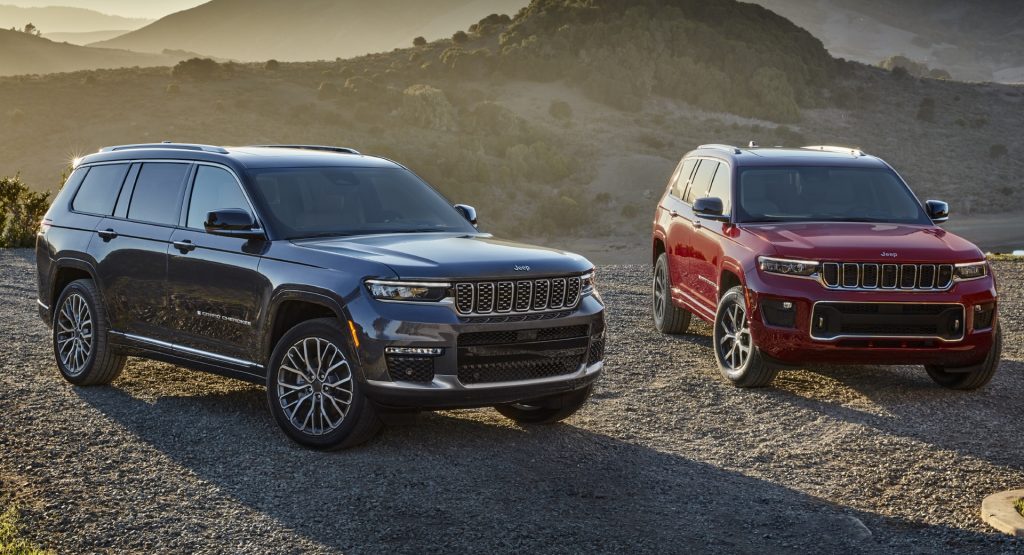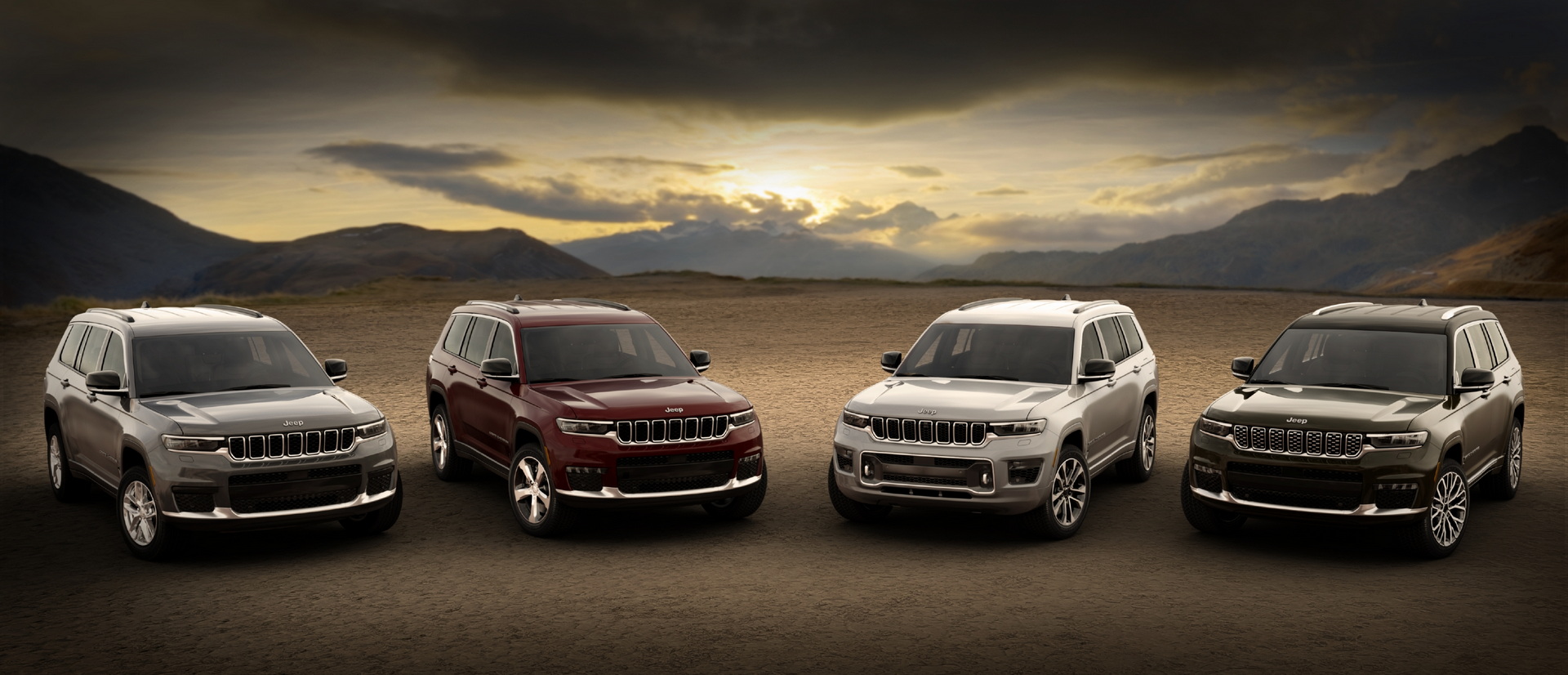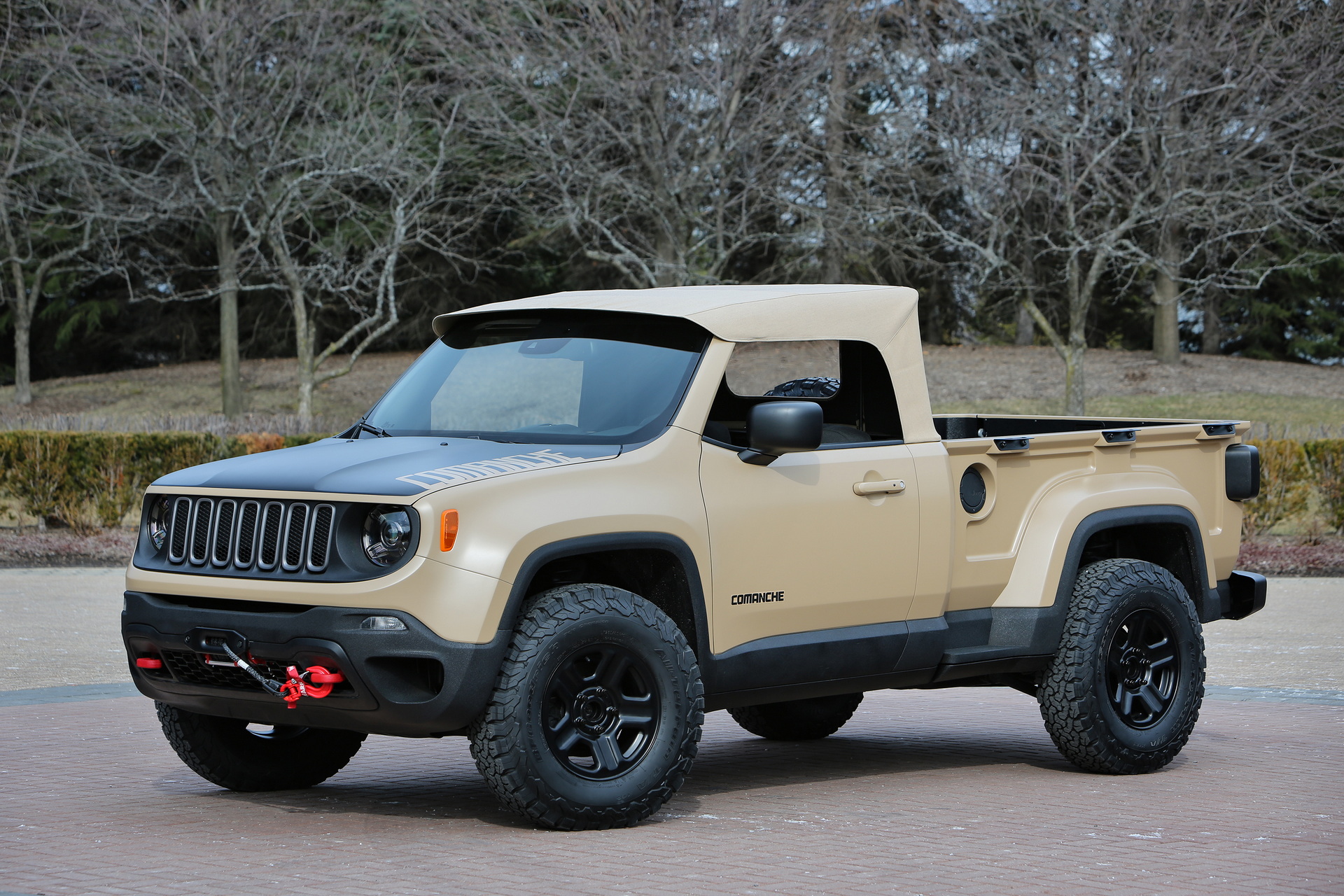Jeep’s new parent company, Stellantis, has left the door open to changing the name of the Cherokee, but has shown no signs of doing it soon.
This follows a report from last month in which Chuck Hoskin Jr, principal chief of the Cherokee Nation, suggested that the use of the nation’s name on a car was inappropriate. Stellantis’ president, Carlos Tavares, said in an interview with the Wall Street Journal that if there was a problem, the company would solve it.
“At this stage, I don’t know if there is a real problem,” Tavares stated. “We are ready to go to any point, up to the point where we decide with the appropriate people and with no intermediaries.”
In a recent follow-up interview with Automotive News, Chief Hoskin said that Jeep had reached out to him but that it had seemed to respectfully decline to drop the Cherokee name. He did seem optimistic, though.
“They also left the door open, I think, for further discussions, and so did we,” said Hoskin. “So I think it was a good discussion in that respect.”
Read More: Cherokee Nation Wants Jeep To Stop Using Its Name On Vehicles
The topic is part of a wider cultural discourse about the misappropriation of certain names or the use of words that are considered offensive. With sports teams in Cleveland and Washington both changing their names, Hoskin said he feels that this is a better time to be having this discussion than ever before.
“In 2021, the country is in a better position than they’ve been, say a generation ago, to think about what it means to use the names of Native peoples,” Hoskin told Automotive News. “Beyond just the Jeep issue, to depict our culture in the form of mascots or chants at football stadiums, I think the country’s in a better place to have a discussion about those and hopefully move away from those depictions and those name usages.”
Although Jeep said in a statement that its vehicle’s name was supposed to honor the Cherokee nation, that’s an idea that was challenged by both Chief Hoskin and scholars.
Speaking to Car and Driver in February, Amanda Cobb-Greetham, a professor at the University of Oklahoma and the director of the school’s Native Nations Center, argued that names like Cherokee (and Mojave and Comanche) are designed less to celebrate these people than to profit off them.
“If you’re going to honor somebody, give them an award,” she summarized. “If you’re going to name a product after them, you’re selling.”






